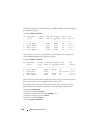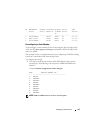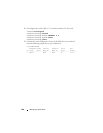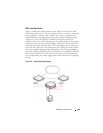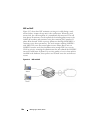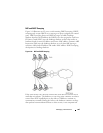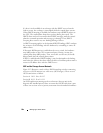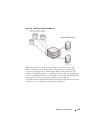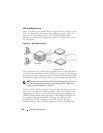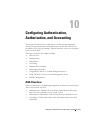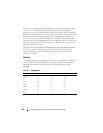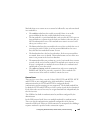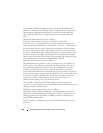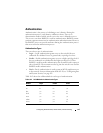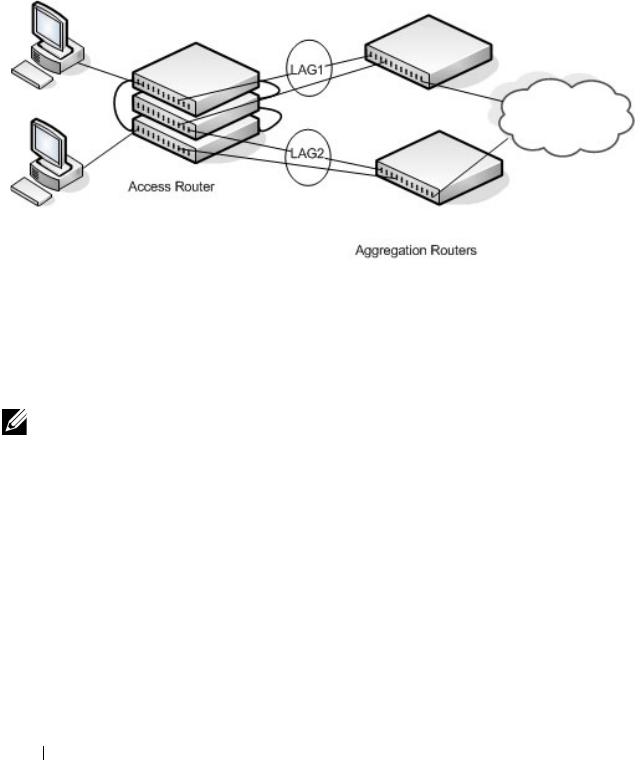
204 Managing a Switch Stack
NSF and Routed Access
Figure 9-16 shows a stack of three units serving as an access router for a set of
hosts. Two LAGs connect the stack to two aggregation routers. Each LAG is a
member of a VLAN routing interface. The stack has OSPF and PIM
adjacencies with each of the aggregation routers. The top unit in the stack is
the stack master.
Figure 9-16. NSF and Routed Access
If the stack master fails, its link to the aggregation router is removed from the
LAG. When the control plane restarts, both routing interfaces come back up
by virtue of the LAGs coming up. OSPF sends grace LSAs to inform its OSPF
neighbors (the aggregation routers) that it is going through a graceful restart.
The grace LSAs reach the neighbors before they drop their adjacencies with
the access router. PIM starts sending hello messages to its neighbors on the
aggregation routers using a new generation ID to prompt the neighbors to
quickly resend multicast routing information. PIM neighbors recognize the
new generation ID and immediately relay the group state back to the
restarting router. IGMP sends queries to relearn the hosts' interest in
multicast groups. IGMP tells PIM the group membership, and PIM sends
NOTE: The graceful restart feature for OSPF is disabled by default. For information
about the web pages and commands to configure NSF for OSPF or OSPFv3, see
"Configuring OSPF and OSPFv3" on page 1111.



